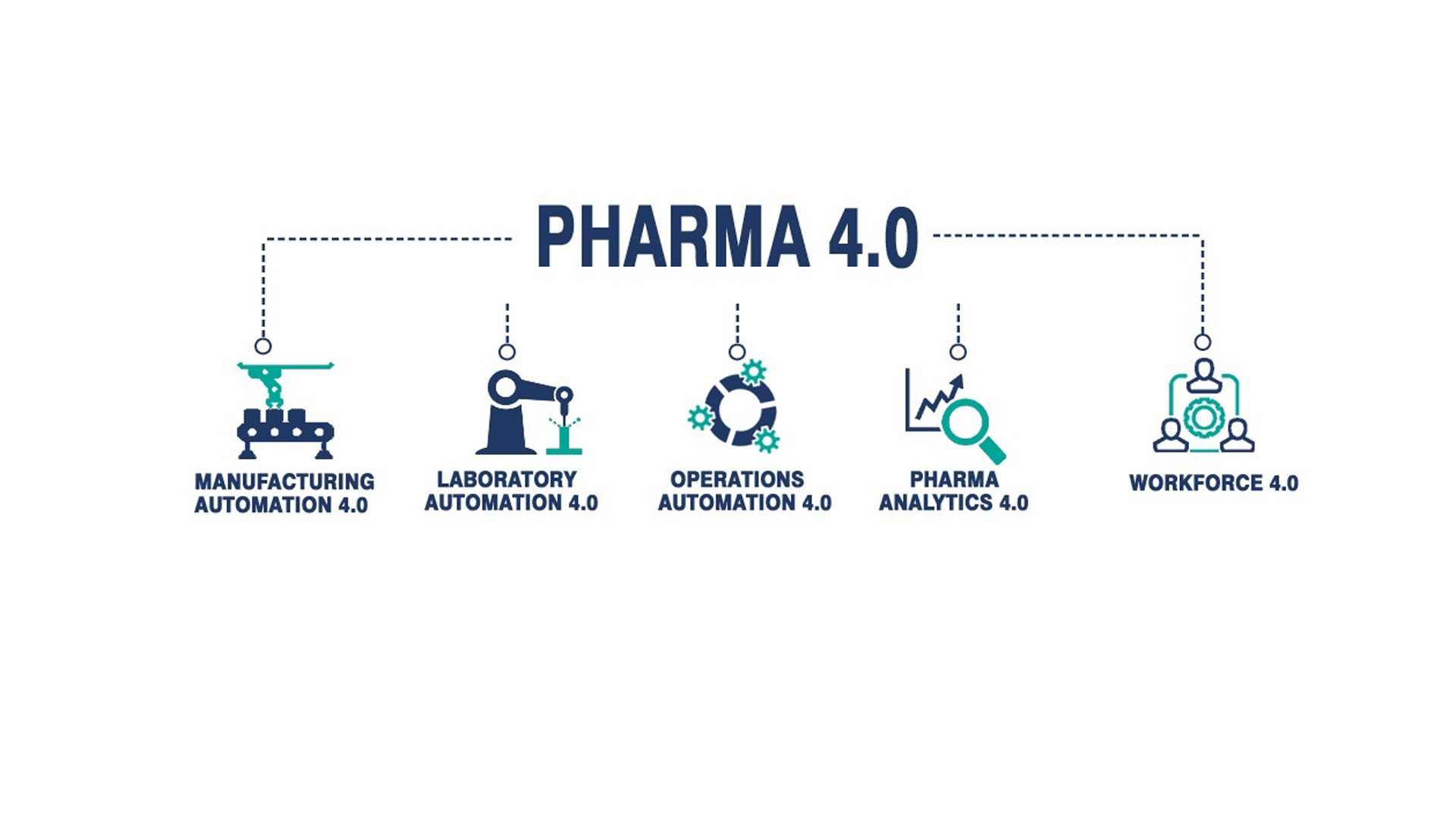Pharma 4.0: The Next-Generation Data Revolution in the Pharmaceutical Industry
Release date: 01-2023Author:
Release date: 01-2023Author:

Pharma 4.0 is the term used to depict the integration of advanced next-generation technologies, namely, the internet of things (IoT), artificial intelligence (AI), and machine learning (ML) into the global pharmaceutical industry. The data revolution, which includes the generation and analysis of large amounts of data, is a key component of Pharma 4.0. With the use of these technologies, companies in the pharmaceutical industry can improve drug discovery and development, optimize manufacturing processes, and personalize treatment for patients. However, there are also challenges to be addressed, such as data privacy, data security, and regulation.
The pharmaceutical industry is currently undergoing a major shift, known as "Pharma 4.0," driven by advancements in technology and data analytics. This new pharmaceutical development and production era is characterized by increased automation, data-driven decision-making, and a focus on personalized medicine.
One of the key drivers of Pharma 4.0 is the explosion of data generated by various sources, including genomics, electronic health records, and sensor technology. This data is being used to gain new insights into disease mechanisms and drug development and improve the efficiency and effectiveness of the drug discovery and development process.
One example of how data is being used in the pharmaceutical industry is in the development of personalized medicine. With the increasing availability of genetic information, researchers can now identify specific genetic variations that may make a patient more or less responsive to a particular drug. These critical informations are used to develop targeted, more effective therapies with fewer side effects.
Another area where data plays a critical role is developing new manufacturing processes. With the use of data analytics, companies can now optimize their production processes to increase efficiency and reduce costs. Additionally, data can be used to monitor and control the quality of the drugs produced, ensuring that they meet the required standards.
While data is driving many of the advancements in the pharmaceutical industry, a number of realities also need to be addressed. One of the biggest challenges is managing and analyzing the vast amount of data being generated. This requires sophisticated technology and a skilled workforce that can effectively use and interpret the data.
Another reality is the need for increased security and privacy of patient data. As more data is collected and shared, there is a growing concern about protecting personal information. This is especially critical in the pharmaceutical industry, where sensitive information about health conditions and treatments is shared.
Finally, there is the issue of data governance. With the increasing use of data in the pharmaceutical industry, there is a need for clear guidelines and regulations to ensure that data is used ethically and responsibly. This includes ensuring that data is accurate, reliable, and protected from misuse.
In conclusion, the data revolution is driving many of the advancements in the pharmaceutical industry, from personalized medicine to improved manufacturing processes. However, a number of realities also need to be addressed, including the need for effective data management, increased security and privacy, and clear guidelines for data governance. By addressing these challenges, the pharmaceutical industry can continue to make significant progress in the development of new and more effective drugs.